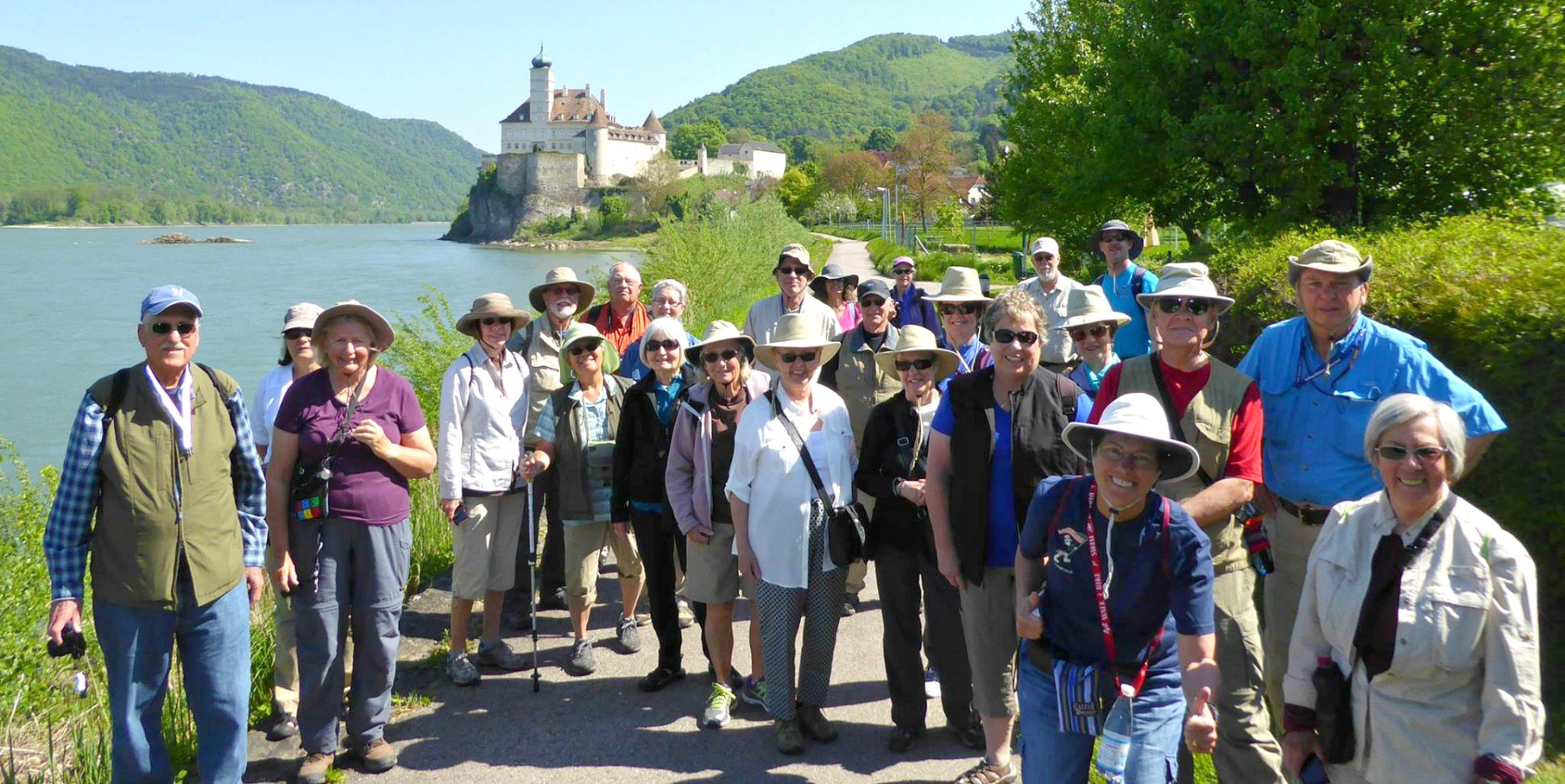Small group travel for seniors is experiencing a surge in popularity, offering a unique blend of adventure, relaxation, and social connection. This burgeoning market caters to a demographic with specific needs and preferences, prioritizing safety, comfort, and enriching experiences. Understanding these needs is crucial for travel providers looking to capitalize on this growing segment.
The senior travel market is diverse, encompassing individuals with varying levels of mobility and interests. While some seniors seek adventurous excursions, others prefer more relaxed itineraries focused on cultural immersion or relaxation. This article delves into the key aspects of designing and marketing successful small group tours specifically tailored to meet the unique requirements of this discerning clientele.
Benefits of Small Group Travel for Seniors
Small group travel offers a compelling alternative to independent or large-scale tours for senior travelers, providing a unique blend of personalized attention, enhanced safety, and enriching social experiences. This approach caters specifically to the needs and preferences of older adults, ensuring a more comfortable and enjoyable travel experience.
The advantages of choosing small group travel over other options are significant and multifaceted. A smaller group size allows for a more intimate and personalized experience, fostering stronger bonds among travelers and providing opportunities for deeper engagement with the destinations visited.
Advantages of Small Group Travel for Seniors
The following table highlights the key benefits of small group travel for seniors compared to independent or large group travel. Each benefit is illustrated with a specific example to provide a clearer understanding of its practical application.
| Benefit | Explanation | Example |
|---|---|---|
| Personalized Attention | Guides and tour operators can provide more individualized attention to the needs and preferences of each traveler in a smaller group setting. | A small group tour might offer flexible itineraries to accommodate a senior traveler’s pace or mobility needs, whereas a large tour would stick rigidly to a schedule. |
| Enhanced Social Interaction | Smaller groups foster a sense of camaraderie and allow for more meaningful interactions among travelers. | A small group tour might include planned social activities like shared meals or optional excursions, encouraging bonding and friendships. |
| Improved Accessibility | Tour operators can more easily accommodate the specific accessibility needs of senior travelers in smaller groups. | A small group tour might arrange accessible transportation and lodging options, whereas a large tour may have limited options. |
| Greater Flexibility | Itineraries can be more easily adjusted to accommodate the preferences and pace of the travelers. | A small group might choose to spend an extra day in a particular location if the group is enjoying it, unlike a large group tour with a strict schedule. |
| Increased Safety and Security | Smaller groups are easier to manage, leading to improved safety and security for senior travelers. | In case of an emergency, it’s easier to keep track of and assist individuals in a small group than in a large, dispersed group. |
Enhanced Social Interaction and Combating Loneliness
Small group travel provides a powerful antidote to loneliness, a prevalent issue among seniors. The shared experiences and opportunities for interaction within a smaller group foster a sense of community and belonging. Travelers form connections with their fellow participants, sharing stories, laughter, and creating lasting memories. This social engagement can significantly improve mental well-being and reduce feelings of isolation.
For example, a senior traveling solo might find themselves feeling isolated in a large tour group, struggling to connect with others. However, in a small group setting, they are more likely to engage in conversations, participate in group activities, and form genuine friendships with fellow travelers, leading to a more fulfilling and less lonely experience. Shared meals, optional excursions, and informal gatherings further enhance these social connections.
Safety and Security Aspects of Small Group Travel for Seniors
Safety and security are paramount concerns for senior travelers. Small group travel enhances these aspects significantly. The smaller group size allows for closer supervision by the tour guide or leader, ensuring that everyone is accounted for and receives prompt assistance if needed. Furthermore, it is easier to manage a small group in unfamiliar environments, reducing the risk of getting lost or encountering difficulties.
In case of emergencies, it is easier to coordinate assistance for a small group compared to a large group.
For instance, a small group tour might have a dedicated guide who can provide personalized assistance to seniors with mobility issues or other special needs. They can also ensure that travelers are aware of local safety precautions and potential hazards. This level of personalized attention significantly reduces the risk of accidents or incidents compared to independent travel where seniors might be more vulnerable.
Small group travel offers seniors a compelling alternative to independent or large-scale tours, providing a balance of independence and support. By carefully considering the specific needs and preferences of this demographic, travel providers can create enriching and memorable experiences that foster social interaction, enhance safety, and cater to diverse interests. The future of senior travel looks bright, with continued growth and innovation shaping the industry.
Check what professionals state about bus tours for seniors citizens and its benefits for the industry.


